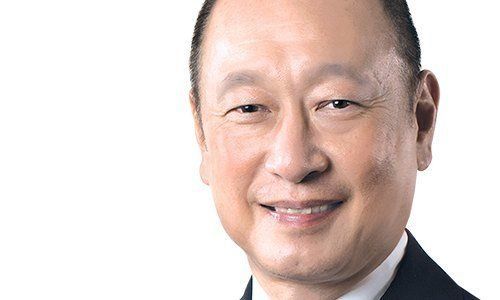UOB Chief Gets Hefty Bump
UOB's deputy chief and CEO saw a 12 percent raise in his paycheck on the back of the bank's strong performance in 2018, with net profit and revenue hitting record highs.
United Overseas Bank deputy chairman and CEO Wee Ee Cheong received S$10.56 million ($7.8 million) in 2018, a 12-percent increase from the S$9.4 million he got the year before, the bank's annual report, published Wednesday, revealed.
Apart from his base salary of S$1.2 million, Wee received S$9.33 million in bonuses, 60 percent of which will be deferred and vested over the next three years. Of the deferred variable pay, 40 percent will be issued in deferred cash, while the balance will be in the form of share-linked units. He also recieved S$33,000 in benefits-in-kind and transport-related benefits.
Last week, finews.asia reported that DBS CEO Piyush Gupta received a total of S$11.9 million in 2018, which was 15.5 percent higher than 2017. Like Wee, his base salary was $1.2 million, with the rest of the sum made up of a cash bonus with no restrictions (S$4.5 million), share plan (S$6.1 million) and non-cash benefits (S$60,000).
Strong Performance
According to UOB, its net profit rose in 2018 to a record of S$4 billion, an 18 per cent increase from the year before. Its net interest income grew 13 per cent year on year, driven by broad-based loan growth and higher net interest margin, while its net interest margin increased five basis points to 1.82 per cent, in line with the rising interest rate environment.
Total income for Group Retail rose 4 per cent to S$3.95 billion, on the back of volume growth and improved deposit margins. Group Wholesale Banking reported an income growth of 11 percent to S$3.94 billion, led by double-digit loan growth and a broad-based increase in fee and customer treasury income. Total income for Global Markets grew 6 percent to S$465 million, driven by positive movements in foreign exchange and rates, the report said.
In 2018, UOB announced the launch of Southeast Asia's first fully-mobile digital bank, TMRW, to serve the needs of the burgeoning number of mobile-first and mobile-only customers in the region. TMRW was rolled out in February 2019 in Thailand, with other countries in the region to follow.



























